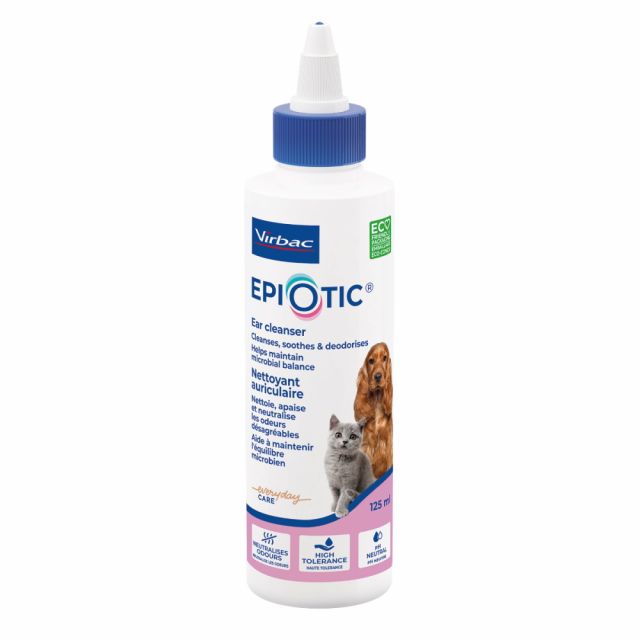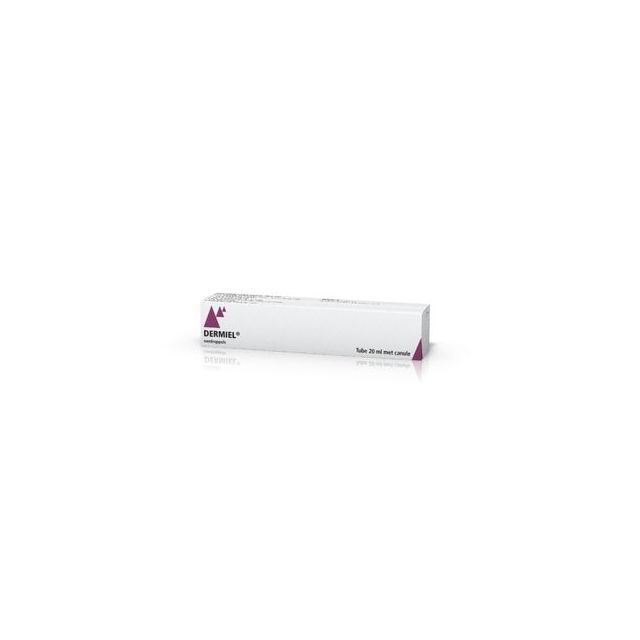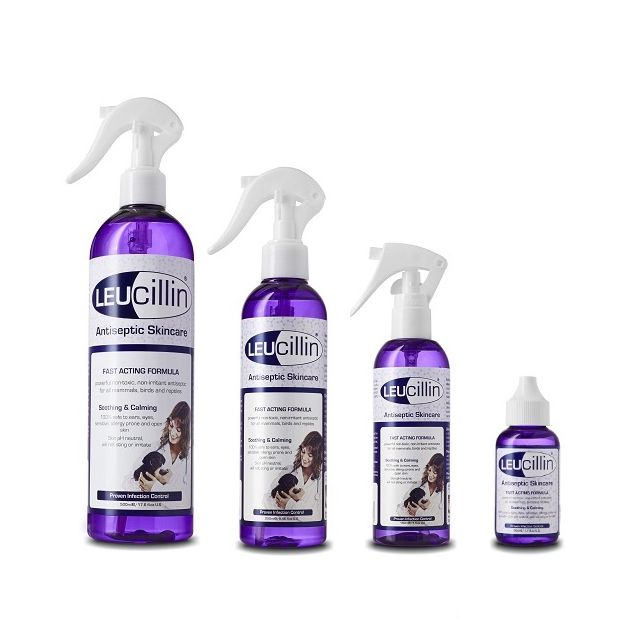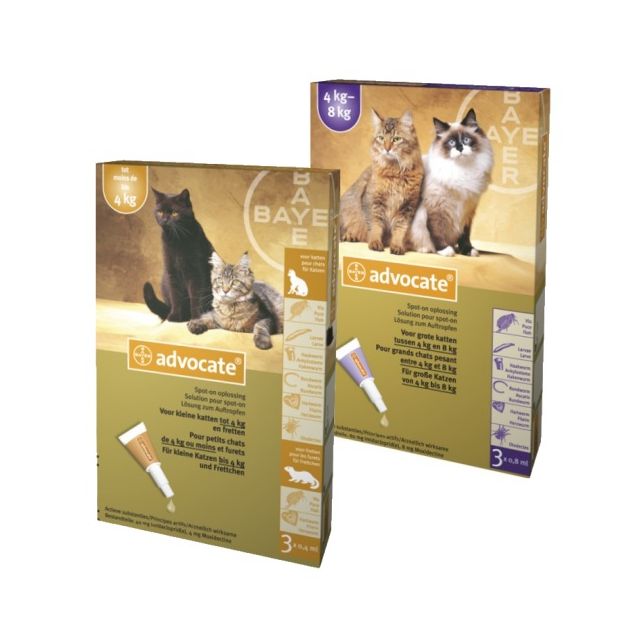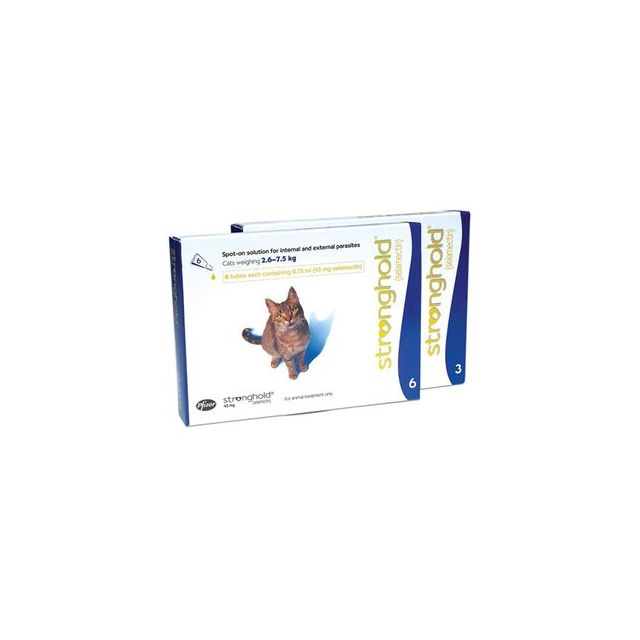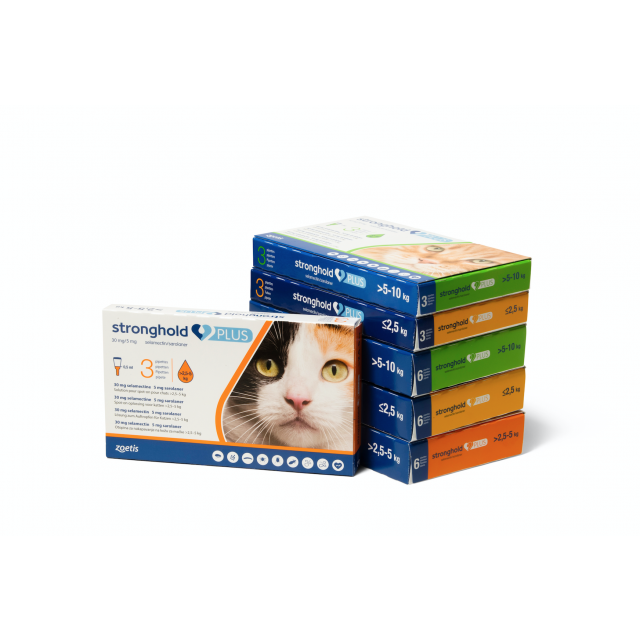The ears of kittens
Cats use their ears not only for hearing but also for hunting, communication, and, through the vestibular system, to balance on narrow surfaces. They have much better hearing than humans. Ear problems such as ear infections or ear mites and dirty ears are fortunately not very common in kittens. If they do occur, Pharmacy4pets can help you find the right product to care for your kitten's ears as best as possible.
Ear Conditions in Kittens
Ear infections are much less common in cats than in dogs. Ear mites are sometimes seen in kittens, especially kittens that come from a farm or the street and thus have had a lot of contact with other (stray) cats. Ear mites are highly contagious. Cats with ear mites scratch their ears a lot; it itches terribly! Fortunately, it is very possible to treat ear mites in a kitten with the ear ointment Otimectin (only use if the eardrum is not damaged, so a visit to the vet to check this is important!) and/or a spot-on treatment between the shoulder blades like Advocate (from 9 weeks old) or Stronghold (from 6 weeks old). These spot-ons also work against fleas and roundworms.
Other causes of ear infections in kittens can include ear polyps, a bacterial infection, or an underlying allergy. While in dogs the infection usually occurs in the outer ear, meaning the ear canal and ear flap, in kittens it often occurs deeper, in the middle ear. This makes it much harder to detect!
Bald, scaly spots with or without itching on the ears can sometimes occur with a fungal or skin mite infection.
Symptoms of Ear Conditions in Kittens
Most symptoms clearly indicate an ear problem, while others may mislead you. The main symptoms of ear problems in kittens are:
- Scratching the ears.
- Head shaking.
- Holding one ear flat or tilting the head.
- Crusts, flakes, wounds, or bald spots on the ear flap or the skin around the ear.
- Excessive earwax.
- Balance disorders (e.g., appearing drunk, walking in circles, head tilt, inability to jump).
- Unequal pupils or other facial asymmetry (e.g., drooping eyelids, visible third eyelid, sunken eye).
- Subtle symptoms like lethargy, reduced appetite, withdrawal.
- Not responding to sounds.
Cleaning a Kitten's Ears
A kitten's ear canals are essentially self-cleaning. Therefore, cleaning a kitten's ears is usually unnecessary. The ears should be slightly greasy, as this helps to block pathogens. Cleaning the ears too often or using the wrong products can do more harm than good. If your kitten's ears are really dirty, use a product designed for the ear canal to avoid irritation. Safe ear cleaners include Epi-Otic ear cleaner and Monoclean. Ear cleaners should also only be used if the eardrum is intact. For mild redness of the ear flap or ear canal, Dermiel ear drops, based on honey, can have a soothing effect.
Fortunately, ear problems in kittens are not very common. If they do occur, however, they are often quite persistent, and it is important to contact your veterinarian. Pharmacy4pets helps you keep your kitten's ears clean and healthy. If you have any questions about our products or your kitten's ears, please contact us.

